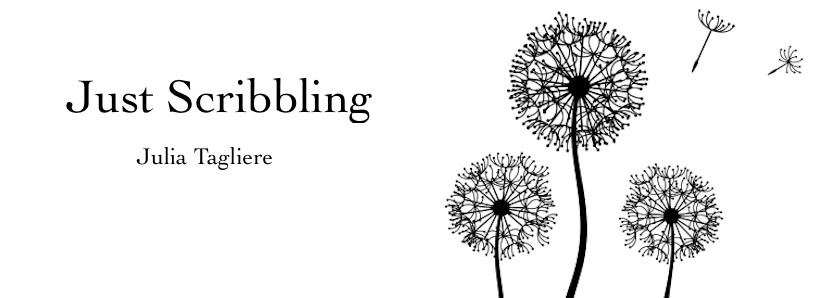If it seems like a long time since my last post, you’re not imagining things: I haven’t managed to post an update since I started my new job.
Which I love.
But nothing in life is free, which means that that which I am loving also comes with a few sacrifices: a more-horrible-than expected evening commute; less hubby, family, friends, and personal time; more stress; and, of course, less time for my own writing, including this blog.
But, in spite of a crazy weekend (which included an on-site assignment all day Saturday–sigh–and my first-ever TV interview–hooray!), I was hellbent that this blog would be updated before I went to bed Sunday night. And since staying awake past 9:00 p.m. is also included on the sacrifice list, it’s now or never.
The battles against traffic, parental guilt, and the eternal work-life balance are nothing new to many of you out there, but they have certainly intensified for me since my return to work full-time. However, although the last few weeks have been an enormous adjustment for me and my family, I think, on the whole, it’s been a positive experience for all of us (though how something so good for me could leave me so exhausted is still a mystery to me. I mean, other than running 10K races, which are also good for me and which also leave me exhausted. Coincidentally–no deliberate lead-in attempt here whatsoever–I’m doing another 10K on June 30th. Please visit this link if you want to support me: http://support.childrenscancer.org/site/TR/Events/General?px=1459792&pg=personal&fr_id=1190. I’m running in honor of my son’s dear friend, who died at age 7 from a brain tumor; this race races money for pediatric brain cancer. But I digress–hugely).
The TV interview I did today was exciting; could not believe how nervous I was. The lights! The camera! The lack of advance questions–eek! It was for the “It’s A Woman’s World” show on SPNN 6 out of the Twin Cities, and they were interviewing me about what it’s like to be a writer. Hope I didn’t embarrass myself too thoroughly. At least I didn’t throw up, which was my goal. Once it’s up and running, look for the link here.
My apologies for how disjointed and short this is–I usually like to put a little more thought into my posts, but (sigh) perhaps that–thought?–is another thing to add to the list of sacrifices. I hope not. Maybe I sound a little negative, but please don’t get the wrong impression–it’s only that it’s getting close to my bedtime, and I get cranky right around this time every night. Yep, cranky. Like a big, whiny baby just needing her bottle and her bed. Only skip the milk for mine…
Life is good–crazy, challenging, but good, good, good.
